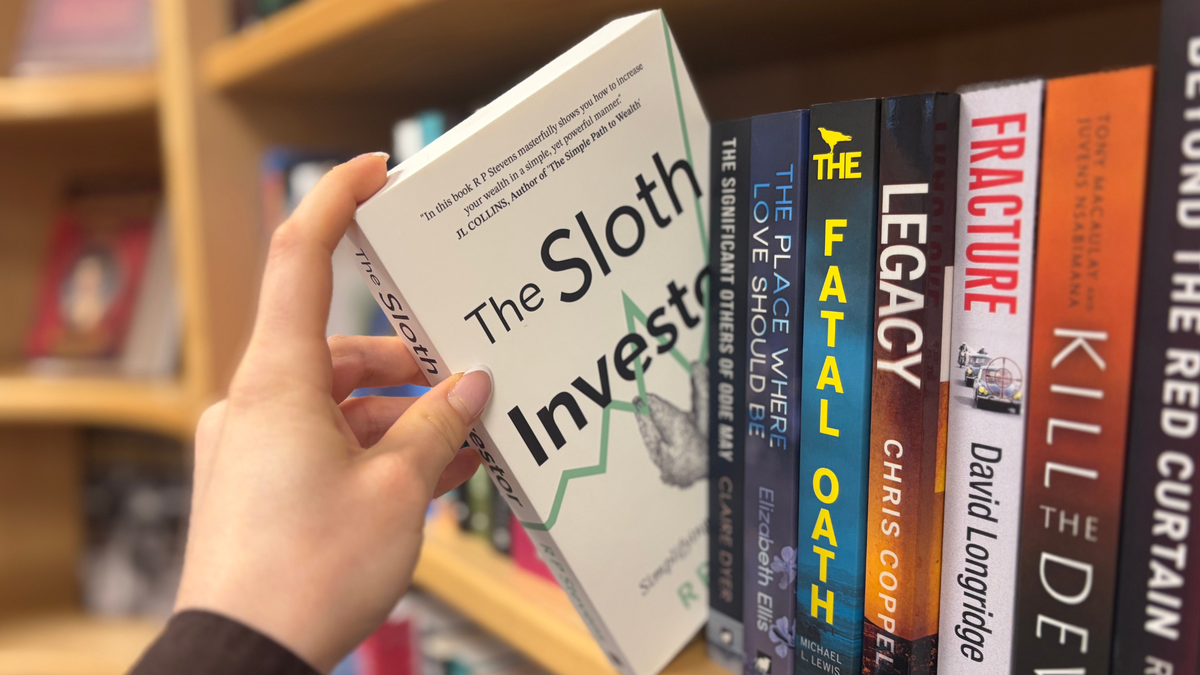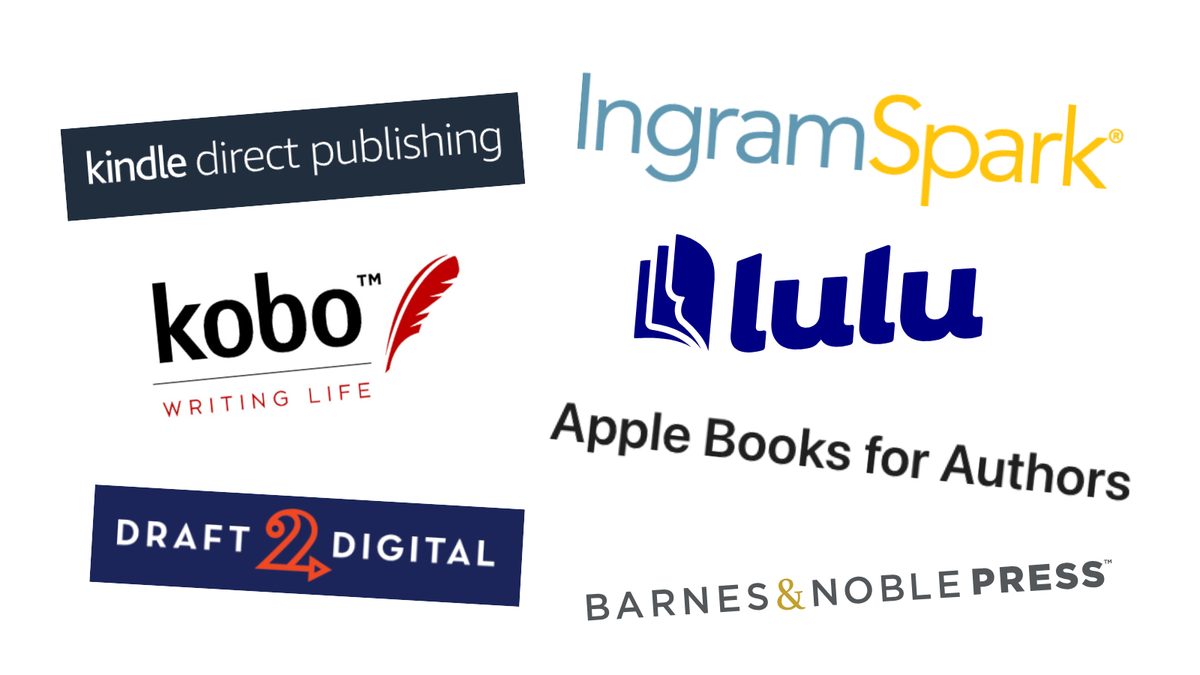
8th May, 2024
3 min read
From Ink to Innovation: Troubador's Commitment to Understanding Book Printing Trends
Written by:
Jeremy Thompson
For a book publisher, keeping up with developments in the printing world is vital. Working with so many self-publishing authors every year, it is important that staff at Troubador have a high-level of knowledge about book printing and can advise our customers and authors fully. This includes having some technical know-how, understanding what the costs are going to be, and in the ever-evolving world of print, knowing what has changed.
With the above in mind, just under half of Troubador’s staff recently visited CPI Print in Chippenham and Melksham for a tour of their facilities and to enhance their knowledge about book printing. In an era dominated by screens and ebooks, the traditional world of book printing may seem out of date, but nothing could be further from the truth. Book printing today combines time-honoured printer’s skill with cutting-edge technology that has pushed the boundaries of book printing like never before, and some might say has revolutionised the book industry… and none more so than for self-publishers.
CPI Print and Troubador
CPI Print operates seven factories in the UK, each offering particular print options. Their facilities in Wiltshire under the Anthony Rowe umbrella concentrate on mono print using both lithographic presses (traditional ink presses, suitable for longer print runs) and digital inkjet presses (mono and colour), offering shorter run lengths at an economic cost. Their other UK facilities specialise in colour printing, printing covers and print-on-demand.
Troubador has been working with CPI for many years, they are one of several print companies that we regularly place work with. Staff members have previously visited other CPI facilities, notably their colour facility in Croydon, but this was our first trip to their main Wiltshire factories.
Our visit to CPI enabled Troubador’s newer staff to understand the various processes involved in book printing and to put their theoretical knowledge into context. Understanding the intricacies of the production process enables all our team members to better advise our authors on the options available, the costs involved, and the technical limitations.
Troubador has always seen printer visits as an important part of staff development, as it is essential for our staff to fully understand the process of book manufacture, and to experience it first hand. For some of our team, this was their first opportunity to see a book printer in action; for others, it was not a new experience (a quick calculation showed that it was my tenth printer visit in 30 years!), but even for the more experienced publishers, there is always something new to learn and exciting new changes to understand.
It's all about the people…
Such visits also allow us to strengthen our working relationships (companies are made of people too!), to discuss potential issues and look at new and forthcoming developments. Even a chance comment while being shown around the factory floor can result in a new way of thinking, new production procedures or even new service. Discussions over lunch allow both parties to seek greater knowledge. And that was very much the case on this latest visit.
Our visit was an important reminder of the importance of keeping pace with developments in the book printing industry, with authors, publishers and printers all needing to embrace innovation to remain competitive in an ever-changing market. Staying abreast of industry developments enables us to understand and react to emerging trends and opportunities – and to support the authors placing their books with us. For example, high on the agenda are topics around the sustainability of book printing, and how forthcoming EU rules on the traceability of materials (due to come into force in 2025) will present new challenges to the book industry.















